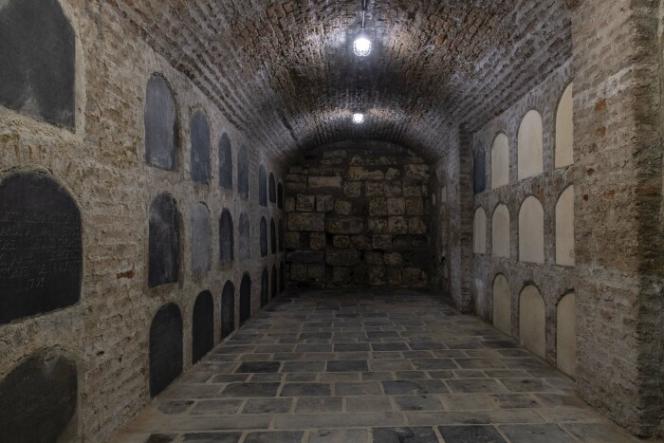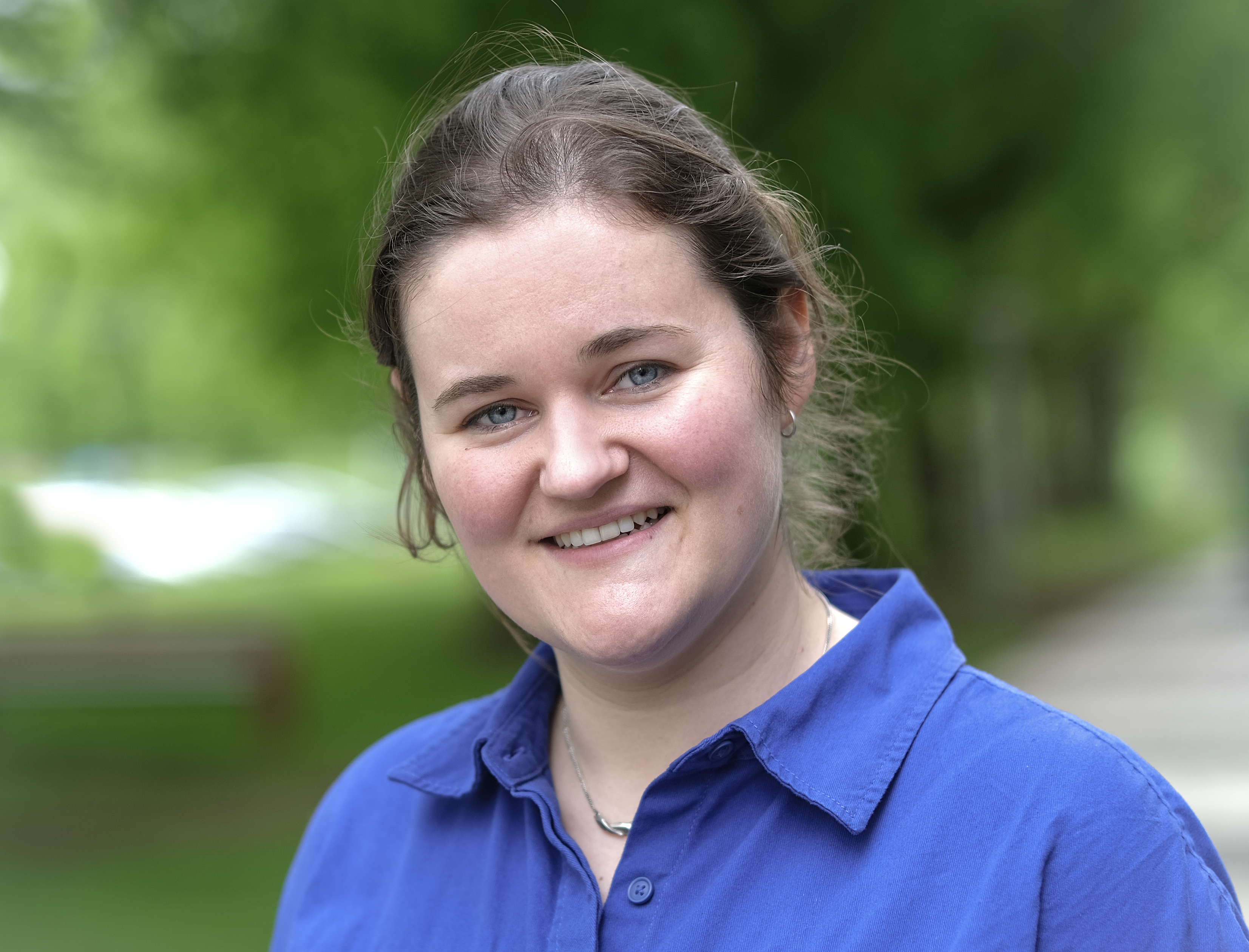“Severe punishment is not the same as smart punishment”
If your house has been broken into, you no longer feel safe in your own home. The fact that you don’t know who did it and why they targeted your house doesn’t help. “In your mind the burglar becomes this monster, but if you get the chance to sit down with them, often it’s not as bad as you might expect. You see it’s just a person”, says dr. Jacques Claessen. He is a an assistant professor at Maastricht University’s Faculty of Law. He is also a proponent of ‘restorative justice’, someone who believes in the power of mediation in criminal cases. 16 November marks the International Day of Tolerance – an opportune time to highlight the difference between ‘severe’ and ‘smart’ punishment.

Picture an average dispute between neighbours, only this time it goes a step further: the man grabs a shovel and hits his neighbour over the head. He presses charges. If this were to happen in the Maastricht area, chances are they’d thrash the matter out in mediation rather than going to court. Direct mediation brings both parties to the table, together; if they find this too confrontational, they can have separate interviews with the mediator (indirect mediation). This approach was introduced in Maastricht in 1999, making it one of few regions in the Netherlands to dispense restorative justice, although in recent years experiments have been piloted elsewhere. Conditions for mediation are that both parties are willing to participate voluntarily, the offender confesses, and the crime is punishable by a maximum of six years’ imprisonment. In practice more than half of the cases concern misconduct, but threat, vandalism, theft and embezzlement also qualify. “Because a lot of crime happens between people who know one another and will need to deal with each other in the future, mediation is often a good option. But it can have added value even for offenders and victims who were not acquainted before the crime”, Claessen says.
Draft bill
Because the current Code of Criminal Procedure has little to say about restorative justice and mediation in criminal cases, Claessen is working with the Dutch Foundation for Restorative Justice on a draft bill. Several articles that focus on restorative settlement through mediation for criminal cases would have to replace the vague legal provision adopted in the Code of Criminal Procedure in 2011 (Article 51h). The changes are to be incorporated into the new Code scheduled to come into force in 2020.
One change would address the fact that mediation is currently the exclusive right of the victim. Claessen and colleagues believe that both victim and offender should be able to access mediation in criminal cases, and that all victims and offenders in the Netherlands should, in order to safeguard legal certainty and equality, have the same opportunities for restorative justice. At present, mainly victims and offenders who live in Limburg would profit from this approach. “Because we’re working with a think tank composed of dozens of people from legal theory and practice, the proposal has broad support from society”, says Claessen. “The draft bill will be published in volume 3 of the 2016 Tijdschrift voor Herstelrecht [Journal on Restorative Justice] and people can respond until 20 December. The bill will be finalised early next year, then offered to the standing committee and the Minister of Security and Justice in the hope that restorative justice and mediation in criminal cases will be given a prominent place in the new Code of Criminal Procedure.”
The numbers
What effect does mediation have in practice? With his colleagues, Claessen studied criminal cases from the Maastricht public prosecutor’s office that were eligible for mediation between 2000 and 2010. Attempts were made to bring parties to the table in 1314 cases, and succeeded in 924 cases (around 70%). Of these, the victim and perpetrator arrived at a signed mediation agreement in more than 95% of cases. “This can include agreements on paying compensation, making a donation to a charity or taking a course in aggression management. Sometimes just having a talk is enough for both parties.”
Less recidivism
The most important part of his research may be the question as to the long-term effect of mediation. Are perpetrators less likely to reoffend – a phenomenon known as recidivism – after having met their victim? Recent research by Claessen and colleagues seems to confirm this. “You can’t put all criminals in the same basket, so causal relationships are difficult to establish. But we saw a significant difference between offenders who took part in direct or indirect mediation, 22% of whom reoffended within four years, and those who were given a ‘normal’ punishment, with 29% recidivism.”
Another type of mediation, in which only the offender enters into talks with the prosecutor and the mediator (because the victim does not agree to a meeting, for example, but does consent to mediation), also appears to have added value: 24.5% of participants reoffend within four years. “Of the roughly 1000 successful mediations, there were only 24 where the agreements were not respected”, says Claessen. “That’s next to nothing, and it’s hardly surprising anyway, because you made those commitments yourself. It wasn’t shoved down your throat by the prosecutor or the judge, like a fine, community service or a prison sentence.”
Revenge and retribution
At a time when politicians and the general public are calling for severe punishments, Claessen’s message is not an easy one to swallow. In his view the need for revenge is often stronger among potential victims – society at large – than the victims themselves. Further, the demand for harsh punishments can partly be attributed to a lack of information. “Community service and electronically monitored house arrest are seen as ‘soft’, but people often change their minds when they realise these types of punishment lead to lower reoffending rates than imprisonment. If you’re sent to jail you can lose your job, your home, your relationship, and you’re thrown in among all sorts of criminals, all of which makes it harder to return to normal life. It might feel good to embrace that primal thirst for revenge, but where does that get you in the long term? If you really want to avoid having more victims in the future, as politicians preach, you have to focus on resocialisation. That’s where restorative justice comes in; likewise community service and electronic detention.” And mediation is, in any event, no walk in the park: “The confrontation with an angry victim probably makes more of an impression on the offender than being treated in a business-like way by the prosecutor or a judge.”
Jacques Claessen
Dr. Jacques Claessen is an assistant professor of criminal law and criminal procedure in the Department of Criminal Law and Criminology at the Maastricht law faculty. His main area of research focuses on criminal sanctions and restorative justice. He is also deputy judge at the District Court of Limburg and co-founder of Stichting Mens en Strafrecht , an organisation that campaigns for a more humane approach to criminal punishment.
By Femke Kools
Also read
-
Maastricht University takes care of many distinctive buildings that we all know. By giving them a new purpose, we preserve these icons and give them a new meaning, making them the vibrant heart of a bustling city.
-
What does it mean to live and work in a city with an international university? When do you notice the university, and how does it benefit you? We asked Marcell Ignéczi. He came to South Limburg to study at Maastricht University’s Department for Knowledge Engineering, Marcell Ignéczi went on to co...
-
As a patient in a hospital, you see many different faces at your bedside every day: a nurse measuring your blood pressure, a doctor or nurse practitioner informing you about the care plan, and a nutritionist providing you with the right food and drinks. Although all these caregivers have their own...


